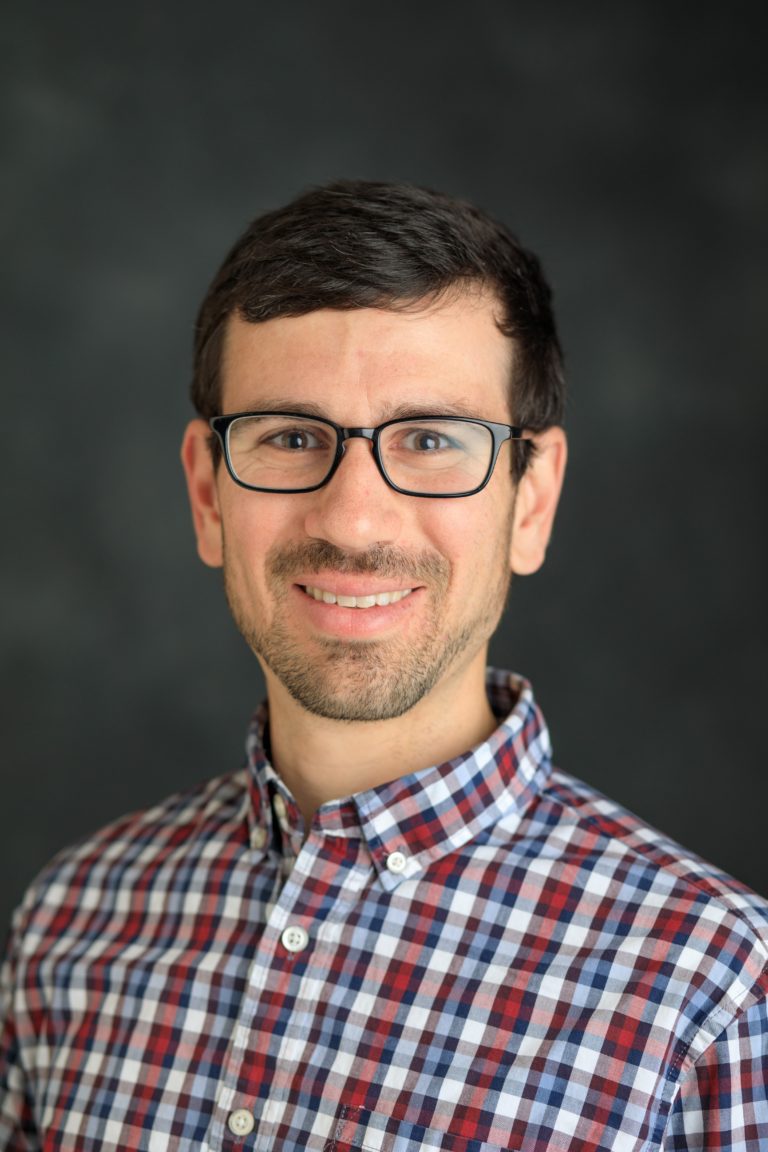We often hear the term “data” in news stories about the tech industry, but what exactly is data and how does it fit in with classroom instruction and learning? According to the Oxford Languages dictionary, data are “Facts and statistics collected together for reference or analysis.” For Joshua Rosenberg, an assistant professor of STEM/Education Science at the University of Tennessee, Knoxville, College of Education, Health, and Human Sciences (CEHHS), data analysis and statistics are something we should begin learning before college or in graduate-level coursework.
So, how do we help high school teachers to teach data and students learn to do analysis of data? Rosenberg, submitted a grant proposal last year to the National Science Foundation (NSF) to find out. Nearly one year later, he received word from NSF that his CAREER proposal was awarded funding for $846,612 over a five-year period. The CAREER program offers NSF’s “most prestigious awards in support of early-career faculty who have the potential to serve as academic role models in research and education and to lead advances in the mission of their department or organization.”
Introducing Project CREDIBLE
Project CREDIBLE was born. CREDIBLE stands for “Creatively Reimagining Engagements with Data in Biology Learning Environments.”
Project CREDIBLE will focus on three areas:
- High school teachers’ use of complex sources of scientific data, approached through the perspective of Bayesian updating or data analysis
- The life sciences and environmental science
- Place-based learning and leveraging insights about where we live
Rosenberg will partner with Data Classroom and the Great Smoky Mountains Institute at Tremont, as well as local schools. Students and teachers will have the opportunity to travel to the Great Smoky Mountains National Park to learn data science while investigating the world around them. Whoever said that a classroom has to have four walls?
“When I think about what excites me most about this project, it is the chance to find out how the places students and teachers learn, teach, and live can be the basis for creatively using data and learning biology,” said Rosenberg.
Engaging High School Teachers
Project CREDIBLE uses an almost entirely new approach to making sense of data—especially data surrounding biological and environmental science topics and questions. Rosenberg says the project will utilize software and curriculum development to make it easier for teachers to use complex scientific sets with students in their classrooms.
The goal for Project CREDIBLE is to work with 20 high school teachers and their 1,200 students to make sense of data beyond the traditional classroom setting. Rosenberg says research findings from the study may be used to share research findings, an educational technology tool for Bayesian data analysis built into the DataClassroom platform, and curricular resources in open and accessible ways.
“Being able to travel and teachers and students to the Great Smoky Mountains Institute at Tremont for teacher professional development and student overnight trips just makes me happy,” said Rosenberg. “I hope that this project positively impacts science teachers and students in terms of what takes place in their classrooms and in teachers’ and students’ personal lives.”
Through its eight departments and 12 centers, the UT Knoxville College of Education, Health, and Human Sciences enhances the quality of life for all through research, outreach, and practice. Find out more at cehhs.utk.edu.
